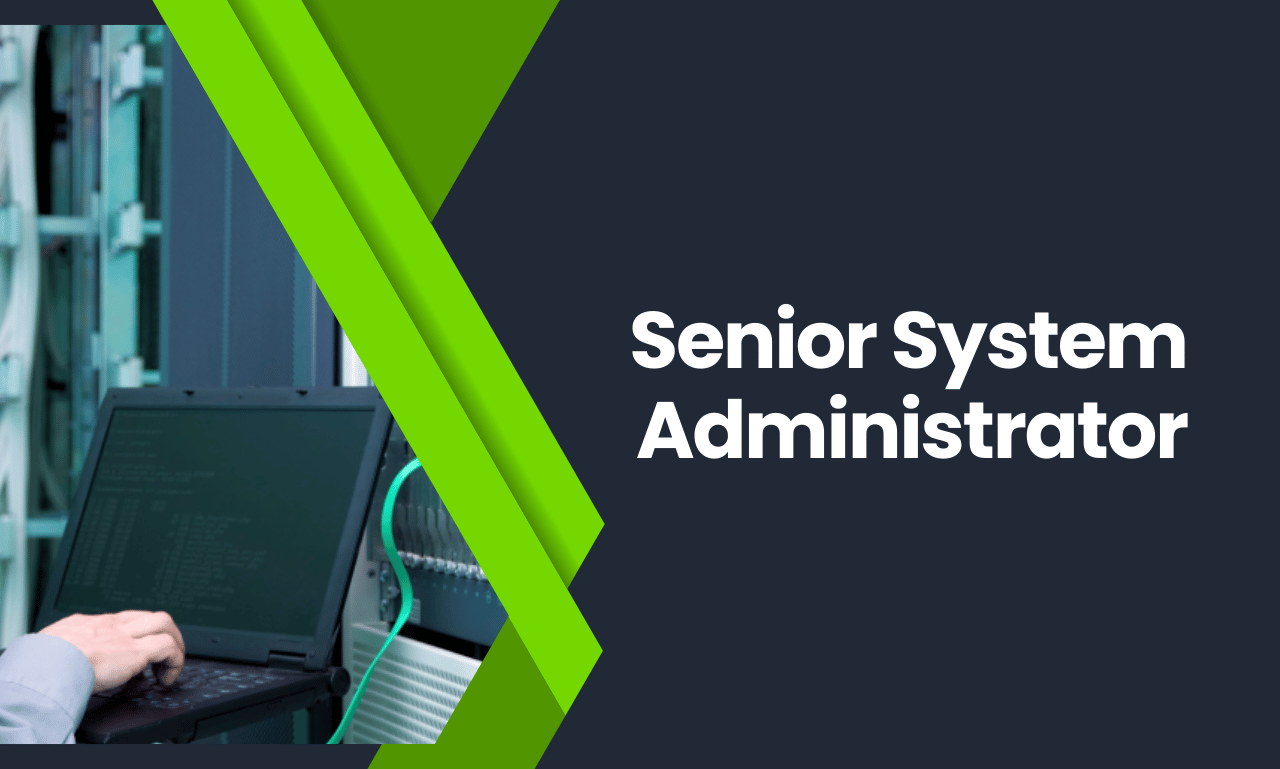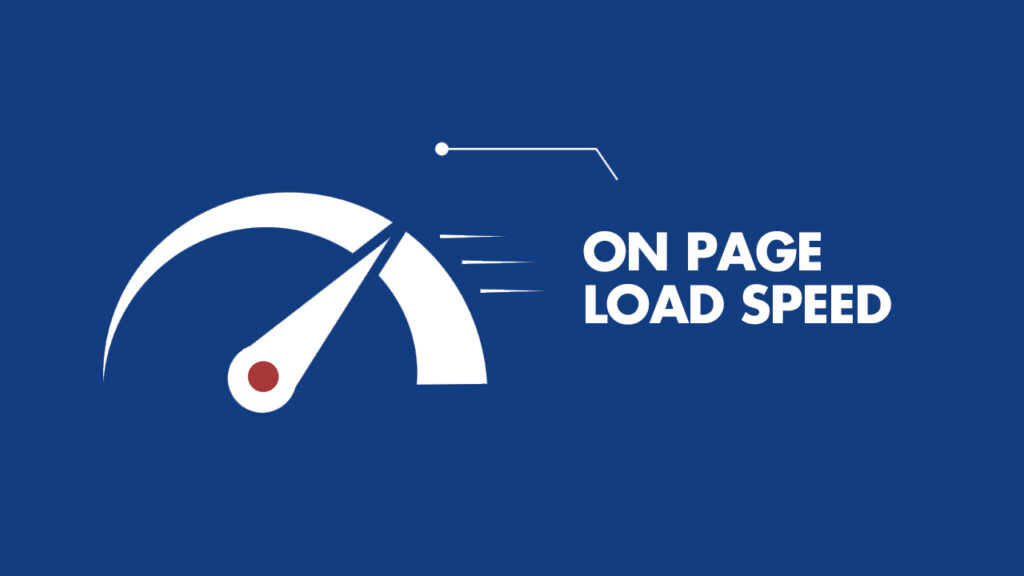In today’s digital world, businesses rely heavily on technology to operate efficiently. At the heart of this technological framework is the senior system administrator—a role that combines technical expertise with strategic insight. This article will delve into the responsibilities, skills, career path, and importance of a senior system administrator in maintaining a robust IT environment.

What is a Senior System Administrator?
A senior system administrator is an experienced IT professional responsible for managing and maintaining an organization’s IT infrastructure. This role encompasses a variety of tasks, including server management, network administration, and troubleshooting. Senior system administrators play a crucial role in ensuring that systems run smoothly and efficiently, supporting both operational needs and strategic goals.
Key Responsibilities
Senior system administrators have a broad range of responsibilities that can vary depending on the organization. Here are some of the primary duties:
1. System Installation and Configuration
One of the core responsibilities is to install and configure new systems, servers, and applications. This involves understanding the requirements of the organization and selecting the appropriate technology to meet those needs.
2. Monitoring and Maintenance
Regular monitoring of systems and networks is vital to ensure optimal performance. Senior system administrators use various tools to track system health and address issues before they escalate into significant problems.
3. Troubleshooting and Support
When issues arise, senior system administrators are often the first point of contact. They diagnose problems, provide solutions, and implement fixes to minimize downtime.
4. Security Management
With cybersecurity threats on the rise, managing security protocols is essential. Senior system administrators ensure that firewalls, antivirus software, and other security measures are up to date and functioning correctly.
5. Backup and Recovery
Data loss can be catastrophic for businesses. Senior system administrators implement backup strategies to safeguard data and develop recovery plans to restore systems in the event of a failure.
6. Documentation and Reporting
Keeping accurate records of system configurations, maintenance procedures, and incident reports is crucial for compliance and future reference. Documentation helps ensure continuity and knowledge transfer within the team.
Essential Skills for a Senior System Administrator
To succeed in this role, a senior system administrator must possess a blend of technical and soft skills. Here are some of the most important:
1. Technical Proficiency
A deep understanding of operating systems (Windows, Linux, Unix), networking, and server management is fundamental. Familiarity with virtualization technologies, cloud computing, and database management is also beneficial.
2. Problem-Solving Abilities
Senior system administrators often face complex issues that require analytical thinking. The ability to troubleshoot effectively and implement solutions is crucial for minimizing disruptions.
3. Communication Skills
As part of an IT team, senior system administrators must communicate effectively with colleagues and non-technical staff. This includes understandably explaining technical concepts and collaborating with other departments.
4. Project Management
Experience in project management can help senior system administrators plan and execute system upgrades, migrations, and implementations efficiently.
5. Adaptability
Technology is constantly evolving. A successful senior system administrator must be willing to learn new technologies and adapt to changing organizational needs.
The Path to Becoming a Senior System Administrator
1. Educational Background
Most senior system administrators have a bachelor’s degree in computer science, information technology, or a related field. Some may also pursue advanced degrees for added expertise.
2. Certifications
Certifications can enhance credibility and showcase expertise. Popular certifications include:
- CompTIA Network+: Focuses on networking fundamentals.
- Microsoft Certified: Azure Administrator Associate: Covers cloud administration.
- Cisco Certified Network Associate (CCNA): Demonstrates networking skills.
- Red Hat Certified System Administrator (RHCSA): Validates Linux administration capabilities.
3. Experience
Hands-on experience is invaluable. Many professionals start in entry-level IT roles, such as help desk support or junior system administrator positions, before advancing to senior roles. Gaining experience in different environments can provide a broader perspective.
4. Continuous Learning
Technology is always changing, so staying current with industry trends, tools, and best practices is essential. This can involve attending workshops, webinars, and industry conferences.
The Importance of Senior System Administrators
1. Ensuring Operational Continuity
Senior system administrators are critical to maintaining business continuity. Their expertise in troubleshooting and system recovery helps minimize downtime, which can significantly impact productivity and revenue.
2. Enhancing Security Posture
With the increasing frequency of cyber threats, a senior system administrator’s role in implementing and managing security measures is paramount. They help protect sensitive data and ensure compliance with regulatory requirements.
3. Supporting Business Growth
As businesses expand, their IT needs evolve. Senior system administrators play a key role in scaling systems and networks to support growth, ensuring that technology aligns with organizational goals.
4. Fostering Collaboration
By acting as a bridge between technical and non-technical teams, senior system administrators facilitate collaboration. They ensure that IT initiatives support broader business objectives.
Challenges Faced by Senior System Administrators
While the role is rewarding, senior system administrators also face several challenges:
1. Complex Systems
Managing complex IT environments can be daunting. Senior system administrators must stay organized and focused to avoid being overwhelmed by numerous systems and tasks.
2. Pressure to Resolve Issues Quickly
When systems fail, there is often pressure to resolve issues rapidly to minimize downtime. This can lead to stress, especially in high-stakes environments.
3. Keeping Up with Technology
The rapid pace of technological change can make it difficult to stay current. Senior system administrators must continually learn and adapt to new tools and methodologies.
4. Resource Constraints
In many organizations, IT budgets are limited. Senior system administrators often need to find cost-effective solutions while maintaining high service levels.
Career Advancement Opportunities
For senior system administrators, career advancement can take several paths:
1. IT Management
Many senior system administrators transition into management roles, overseeing teams and larger IT projects. Positions like IT manager or director of IT can offer new challenges and increased responsibilities.
2. Specialization
Some may choose to specialize in areas such as cybersecurity, cloud computing, or network architecture. This can lead to roles such as security analyst or cloud architect, often with higher earning potential.
3. Consulting
Experienced senior system administrators can become consultants, providing expert advice to organizations on IT strategy, infrastructure optimization, and security.
4. Entrepreneurship
For those with an entrepreneurial spirit, starting an IT services business can be a rewarding option, allowing them to leverage their skills and expertise.
Tools and Technologies Used by Senior System Administrators
Senior system administrators rely on various tools and technologies to perform their duties effectively. Here are some essential categories:
1. Monitoring Tools
Tools like Nagios, Zabbix, and SolarWinds help monitor system performance, network traffic, and application availability, providing alerts for any issues.
2. Configuration Management
Using tools like Ansible, Puppet, or Chef allows senior system administrators to automate the configuration and management of servers, enhancing efficiency and consistency.
3. Backup Solutions
Robust backup solutions, such as Veeam or Acronis, ensure data integrity and enable quick recovery in case of data loss.
4. Virtualization Platforms
Technologies like VMware and Microsoft Hyper-V are crucial for creating and managing virtual environments, allowing for efficient resource allocation and isolation.
5. Security Tools
Firewalls, intrusion detection systems, and antivirus software are vital for maintaining a secure IT environment. Tools like Splunk and Wireshark assist in monitoring and analyzing network traffic for potential threats.
Conclusion
The role of a senior system administrator is vital in today’s technology-driven landscape. These professionals not only manage the intricate systems and networks that businesses rely on but also ensure security, continuity, and support for growth. With a blend of technical skills, problem-solving abilities, and effective communication, senior system administrators are essential to any organization’s success.
As technology continues to evolve, the importance of skilled system administrators will only grow, making it a rewarding and stable career path. Whether you’re considering this field or looking to advance your career, understanding the intricacies of this role can provide a strong foundation for your future in IT.



